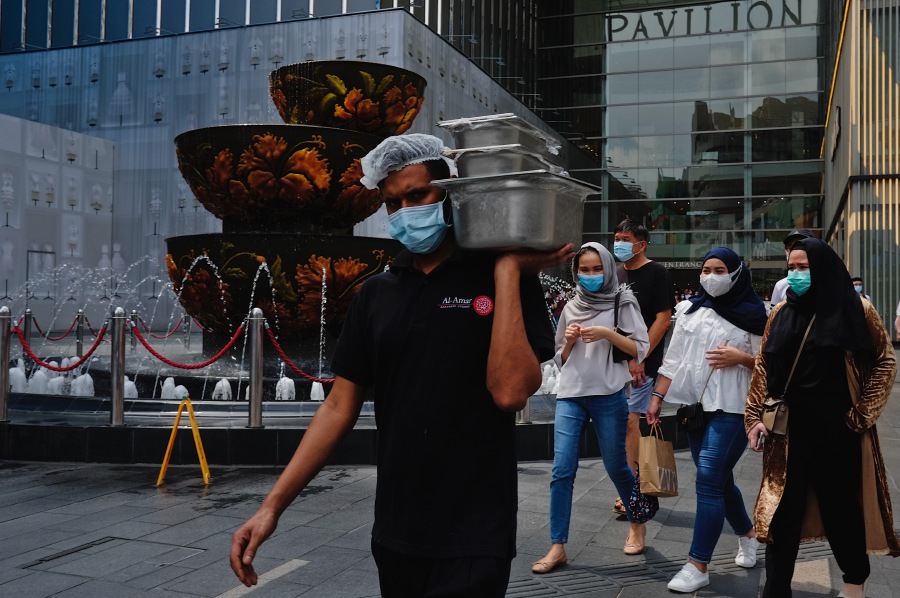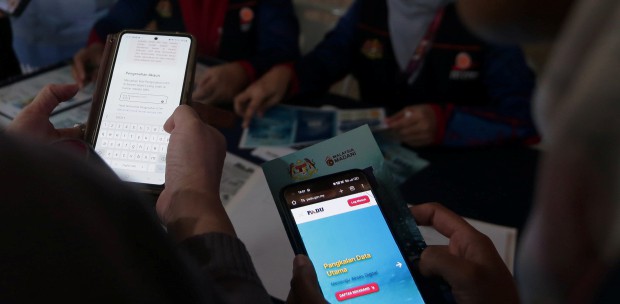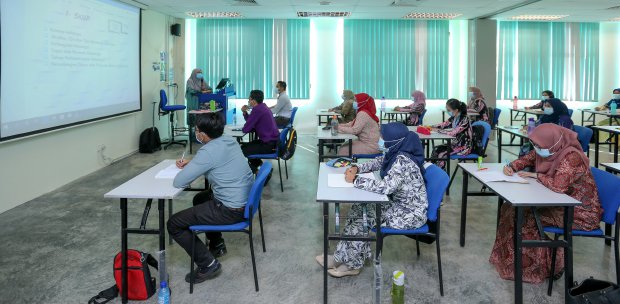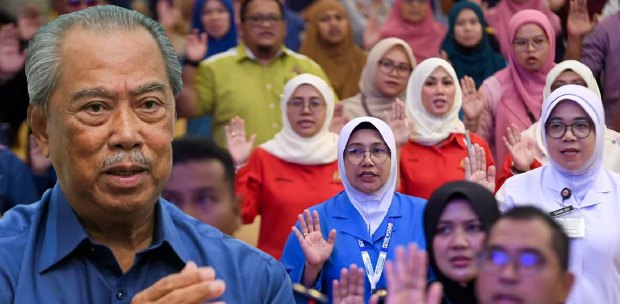THE recent Freedom House report on the status of democracy during the pandemic highlighted how governments around the world are struggling to maintain a healthy balance between public health imperatives and basic democratic safeguards.
With massive misinformation and disinformation campaigns spreading false rumours, including conspiracy theories that risk upending the democratic fabrics of many nations, especially in the West, it is hard to distinguish good intentions in policing the Net from deliberate attempts at cracking down on the rights of citizens. Youth, who mostly understand the world through the lens of social media, are those who can lose the most from this situation.
Henrietta H. Fore, the executive director of Unicef, in "An open letter to the world's children" published last year, on the occasion of the 30th anniversary of the Convention on the Rights of the Child, highlighted how children "might be the least trusting generation of citizens ever".
Directly addressing children of the world, Fore expressed her preoccupation very clearly: "You will grow up as native of a digital environment which is saturated with misinformation and so-called 'fake news', which undermines trust and engagement with institutions and information sources".
Already disengaged youth are at risk of further alienation. Interestingly enough, the report from Freedom House also showed how Malaysia's democratic standards are sliding, but that her overall democratic credentials are still solid enough for an emerging democracy.
The current political crisis shows the need for a different way of doing politics. And the youth have a huge role to play. Even if for now they are out of the political agenda of the main political parties, local elections could offer incredible opportunities for a new interest in community engagement.
That's why there is an incredible opportunity in Malaysia and in other countries still working on the building blocks of their democratic institutions to think creatively on how to establish flourishing and thriving public engagement.
The Asia-Pacific SDG Partnership Report, Fast-Tracking the Sustainable Development Goals: Driving Asia-Pacific Transformations, jointly published by the United Nations Economic and Social Commission for Asia and the Pacific, Asian Development Bank and the United Nations Development Programme, calls for "clear direction, removing systemic barriers, investing in institutional and public readiness to change, and upgrading policymaking approaches to manage increasingly complex development challenges".
Policymaking might sound like an abstract and disenchanting word for most of us, but actually it is going to be a game-changer if we really want to make the most of the opportunities created by the Covid-19 pandemic to rethink the societies we are living in.
Darryl Tan, of the think tank Centre for Public Policy Studies, in a piece published recently, proposed decentralised partnerships and stronger community outreach to harness the power of collaborations and leverage public interest as the key challenges ahead for Malaysia.
Surely, there is a huge potential for more cross-sector initiatives, as explained by Tan, including the work of universities to promote the sustainable development goals. Yet, what was even important and doable before the pandemic, stronger partnerships for the common good, should lead Malaysia to think big and ambitiously, starting from the bottom.
It is an absolute imperative to rethink the way public policies are drafted and legislated and the key challenges ahead, for example, decarbonisation, as recently highlighted by this paper, should be embraced holistically, giving citizens, especially youth, an opportunity to discuss and propose recommendations on how to achieve them.
Public deliberations can start online, but the need of the day is to shift from online engagement to real actions on the ground. The youth, however, must understand that their stake is at risk.
For real change to happen, they need to get out of their comfort zones and take positions and debate them, which is the essence of democracy. Ensuring a better, more engaging and inclusive public policy framework is indispensable.
Universities and think tanks, local not-for-profit organisations, private corporations and, most importantly, even individual citizens, should start a national debate on how to reignite a passion for public engagement nationwide.
We do not need exceptional and heroic gestures at the moment but a commitment to think, propose and deliberate to make Malaysia a thriving society with a strong, sustainable and fair economy where citizens have always a role to play, not only during ballot time.
The writer is the co-founder of ENGAGE and writes on social inclusion, youth development and regional integration and civic engagement in Asia






